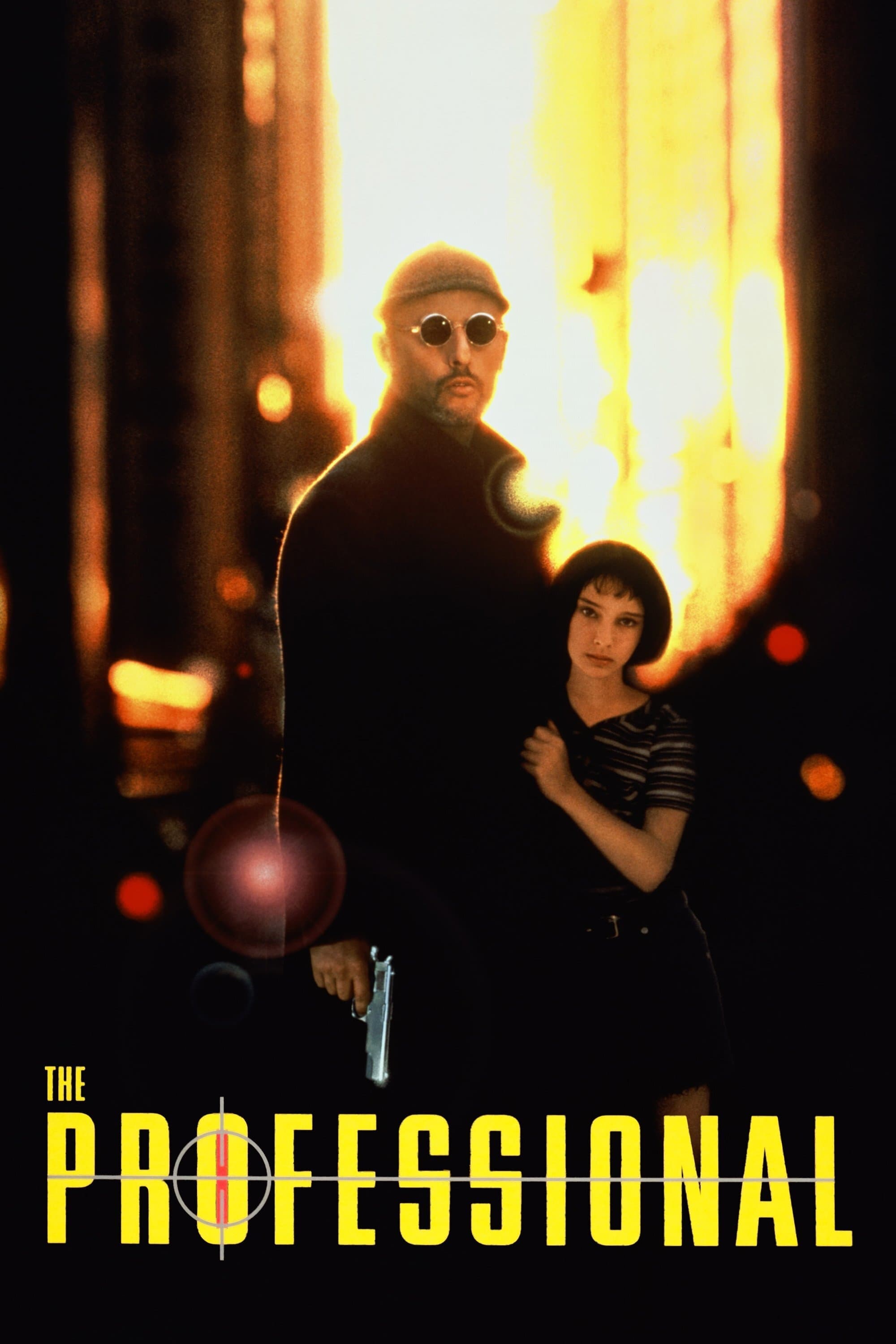
Léon: The Professional
1994
Rate this movie
Average: 3.00 / 5
(1 votes)
Director
A culminating point for Luc Besson, the Transalpine director who with this film achieves full recognition after the success of Nikita in his homeland. If with the latter Besson had already outlined the salient features of his "cinéma du look," characterized by meticulously crafted aesthetics, archetypal characters, and a predilection for stylized action, in Léon this formula reaches an unexpected maturity. It is no longer just visual virtuosity, but a cinematic language serving a deep and nuanced emotion, an evolution that elevates the film beyond a mere commercial operation.
The film garnered considerable box office success, eventually joining the ranks of most beloved films. This popular triumph, however, was certainly not shared by some critics, who accused Besson of excessive character stylization and redundant Americanization of the screenplay. This debate on the presumed "Americanization" warrants deeper analysis. Some purists of French auteur cinema, anchored to a more intellectual and less spectacle-oriented vision, saw Besson as a sort of traitor embracing Hollywood codes. Yet, precisely in this apparent yielding lies his strength: Besson does not renounce his authorial identity, but fuses it with a universal grammar—that of the action thriller and emotional drama—making his work accessible and resonant on a global scale. Stylization, far from being a flaw, becomes a distinctive hallmark, a filter through which the director composes his cinematic reality, permeated with almost mythological archetypes.
And indeed, Besson, albeit with some tonal lapses, writes and directs a story with stylized characters, but in our opinion, this is precisely the film's strength. The linearity of the narrative, so reviled by some critics as simplistic, instead creates a pattern where violence and poetry intertwine with an almost didactic clarity, giving rise to a story where characters subvert clichés without contrivance. This structural simplicity is an elegant stylistic choice that allows for complete focus on the psychological evolution of the protagonists and the dynamic of their relationship, rather than getting lost in complex narrative labyrinths. It is an approach reminiscent of modern fables or urban parables, where the message and the pulsating heart of the story emerge in all their emotional power.
The story centers on professional killer Léon, an Italian who moved to New York and is on the payroll of a powerful mafia boss. Léon, magnificently played by Jean Reno, is a solitary and methodical anti-hero, whose existence is punctuated by almost monastic rituals: the glass of milk, the meticulous cleaning of his weapons, and above all, the meticulous care of his houseplant, a clear metaphor for the fragility and need for nurturing hidden beneath his tough exterior. The man's life is divided between his contracts and a quiet existence where Mathilda is a young neighbor he enjoys talking to. When the girl's family is massacred by corrupt policemen, led by a histrionic and memorable Gary Oldman as the antagonist Norman Stansfield – a nihilistic demon perpetually under the influence of psychotropic drugs, whose exacerbated theatricality serves as a perfect counterbalance to Léon's sober introversion – the assassin feels obliged to protect Mathilda.
An unlikely yet enchanting friendship between a killer and a child makes this film a cult classic with a delicate taste for introspection. The film falls within the tradition of works that explore similar dynamics, yet distinguishes itself by its specificity and tone. Consider Martin Scorsese's Taxi Driver, where an alienated and violent Travis Bickle takes on the burden of saving a young prostitute from urban depravity, or Paper Moon, where the bond between a con man and an orphaned girl is woven within a context of poverty and adaptation. However, Léon goes further, weaving a complex and sometimes ambiguous emotional web, which sparked considerable discussion at the time of its release. His "Italian" identity is an almost symbolic detail, positioning him as an outsider in an American metropolis, amplifying his solitude and his nature as an outsider, a professional of death who finds an unexpected purpose in life.
Léon's platonic love for Mathilda is an impalpable sprout that grows silently and creates a kind of magical aura within which Besson skillfully navigates, embedding a story that knows how to strike the right chords of human emotion. The relationship between the two protagonists, with Natalie Portman making her debut here with a performance that is nothing short of astonishing in its intensity and maturity, is the pulsating heart of the film. Besson masterfully navigates the potentially tumultuous nature of such a bond, maintaining a precarious but constant balance between paternal protection, mutual dependence, and an unsettling emotional precocity. Mathilda is not a passive victim; she is a propulsive force, yearning for revenge, who pushes Léon out of his comfort zone and compels him to confront his latent humanity. Her desire to learn the killer's "trade" is not a mere emulation of violence, but a desperate attempt to reclaim control over her own life, lost in an instant.
Eric Serra's ethereal and pulsating soundtrack significantly contributes to forging this "magical aura," blending electronic sounds with melancholic melodies, which amplify the characters' sense of isolation and their search for an emotional refuge in New York's urban desolation. Léon is, ultimately, a work that transcends genres, an urban odyssey exploring the boundaries of morality, solitude, and redemption, leaving an indelible imprint on the viewer's memory thanks to its rawness, its poetry, and the unforgettable alchemy between its extraordinary protagonists. A film that, with its balance between pop aesthetics and emotional depth, continues to captivate and provoke thought, demonstrating how stylization can be a vehicle not for superficiality, but for an intense human truth.
Country
Gallery
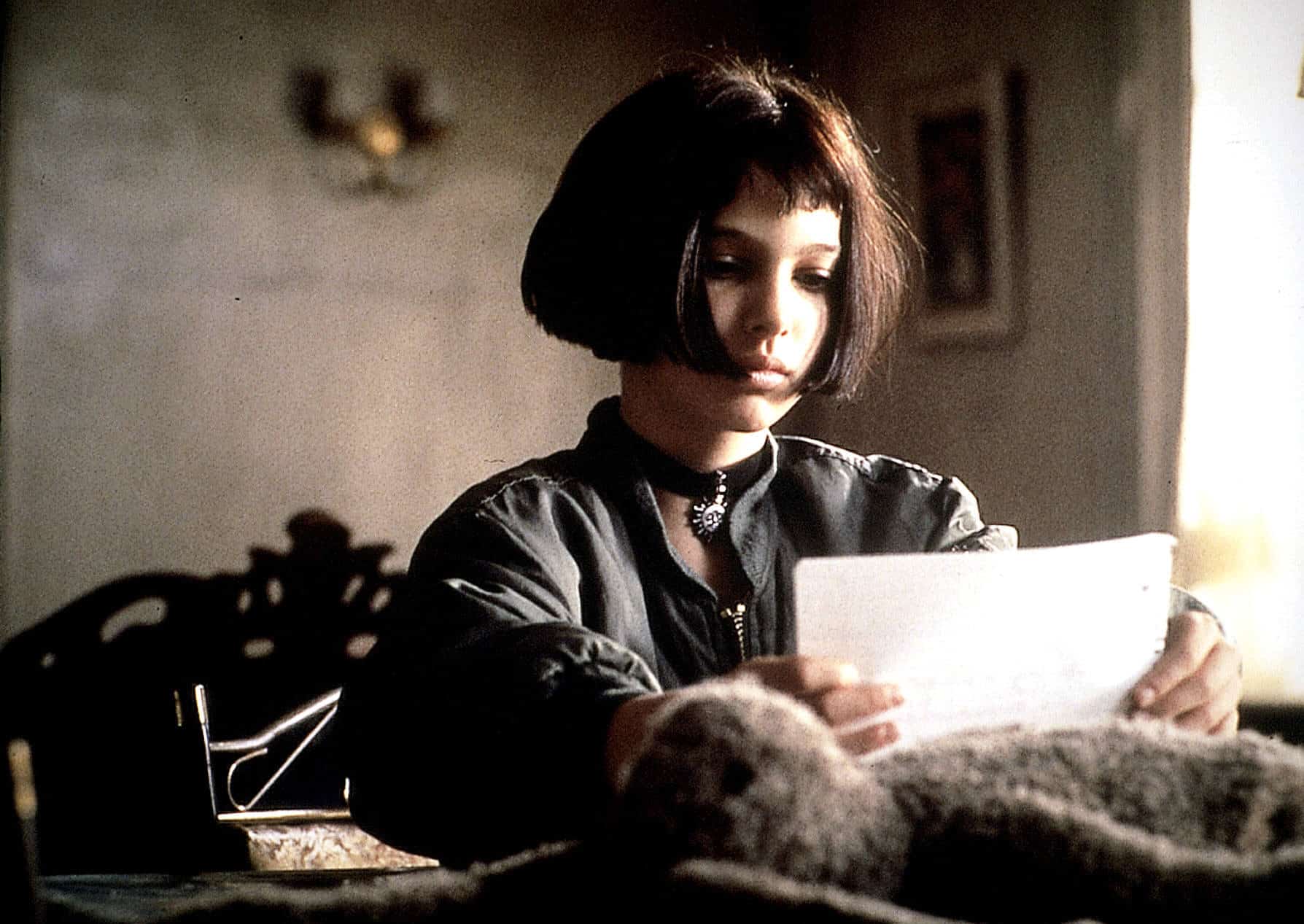



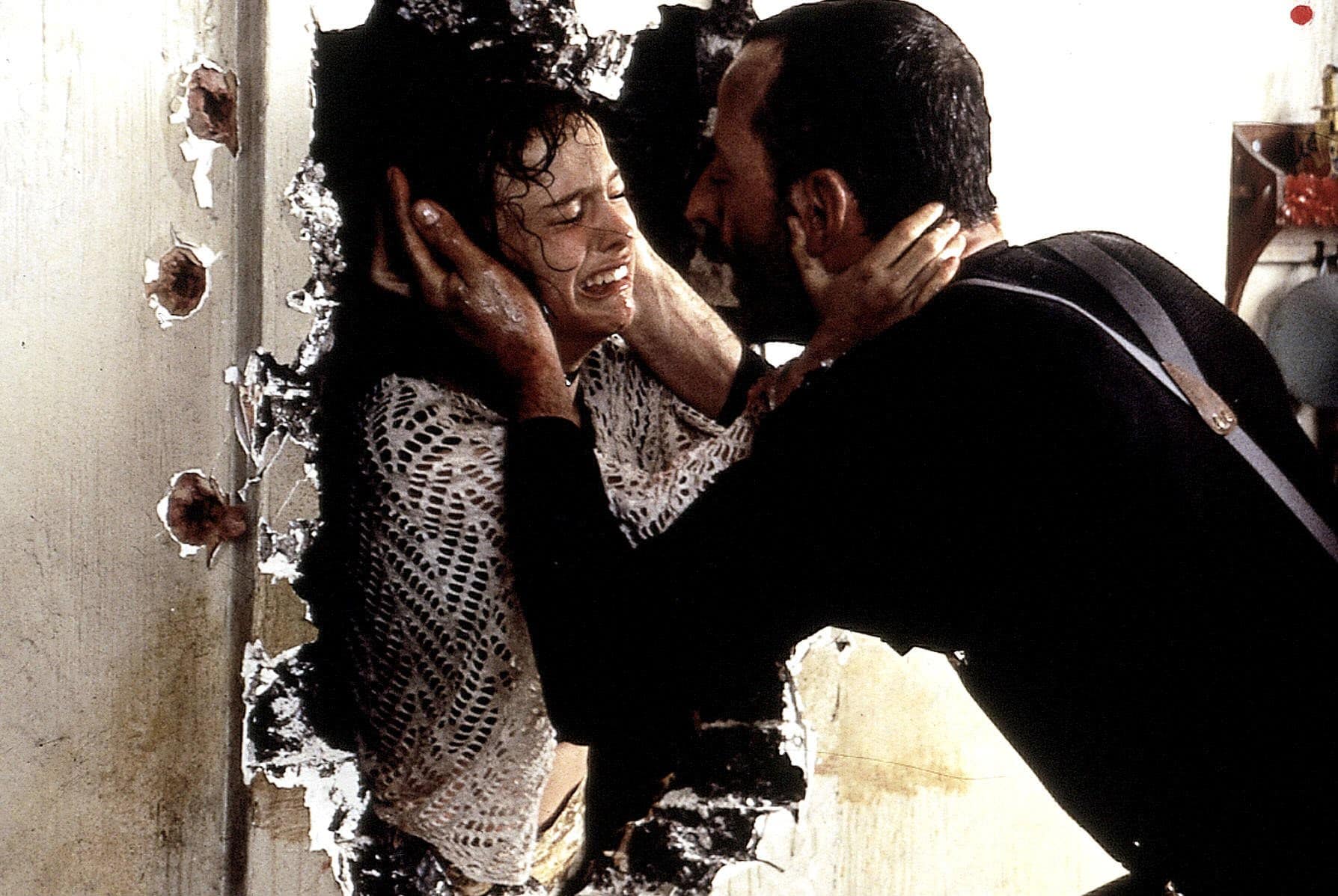
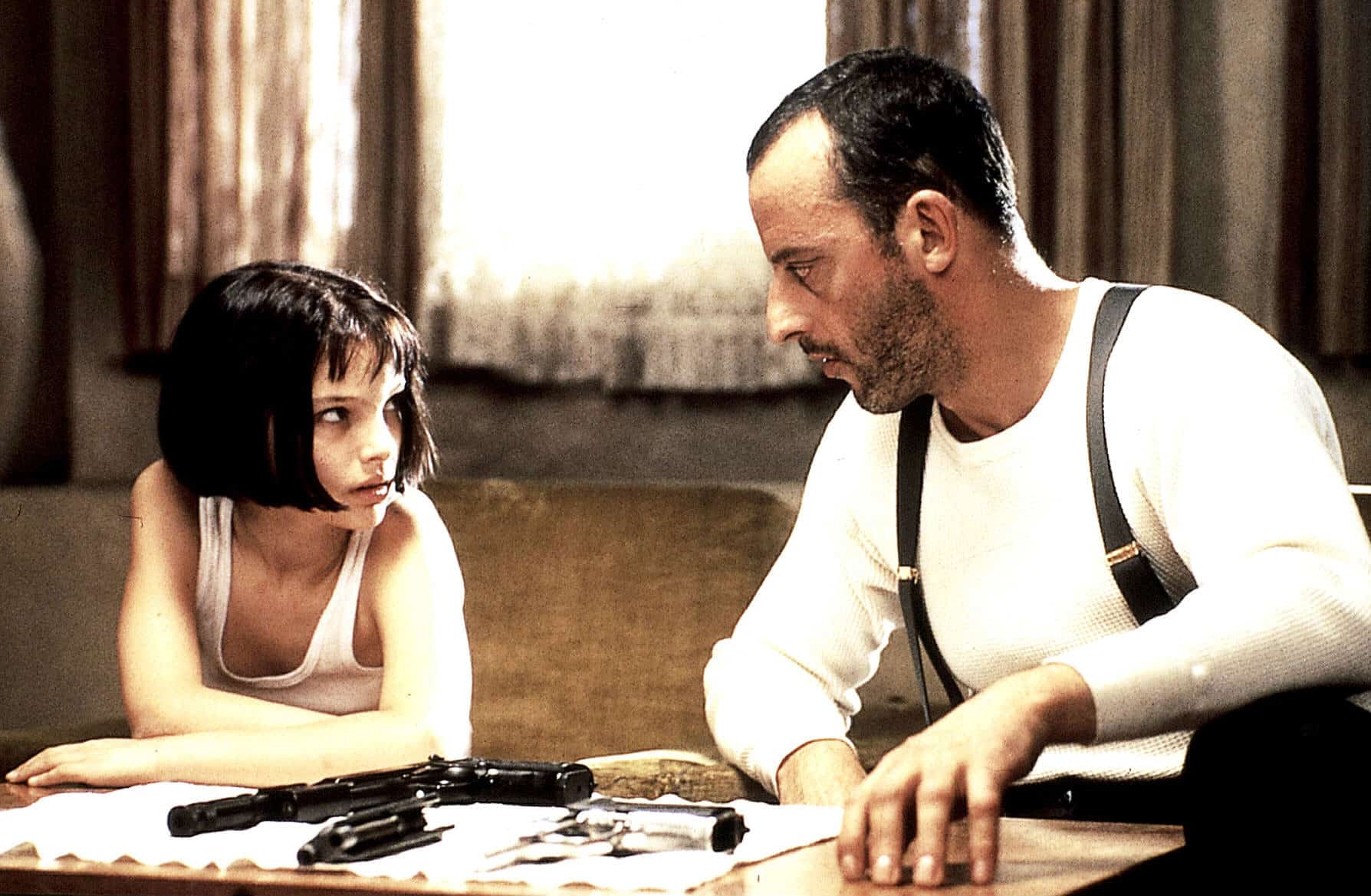
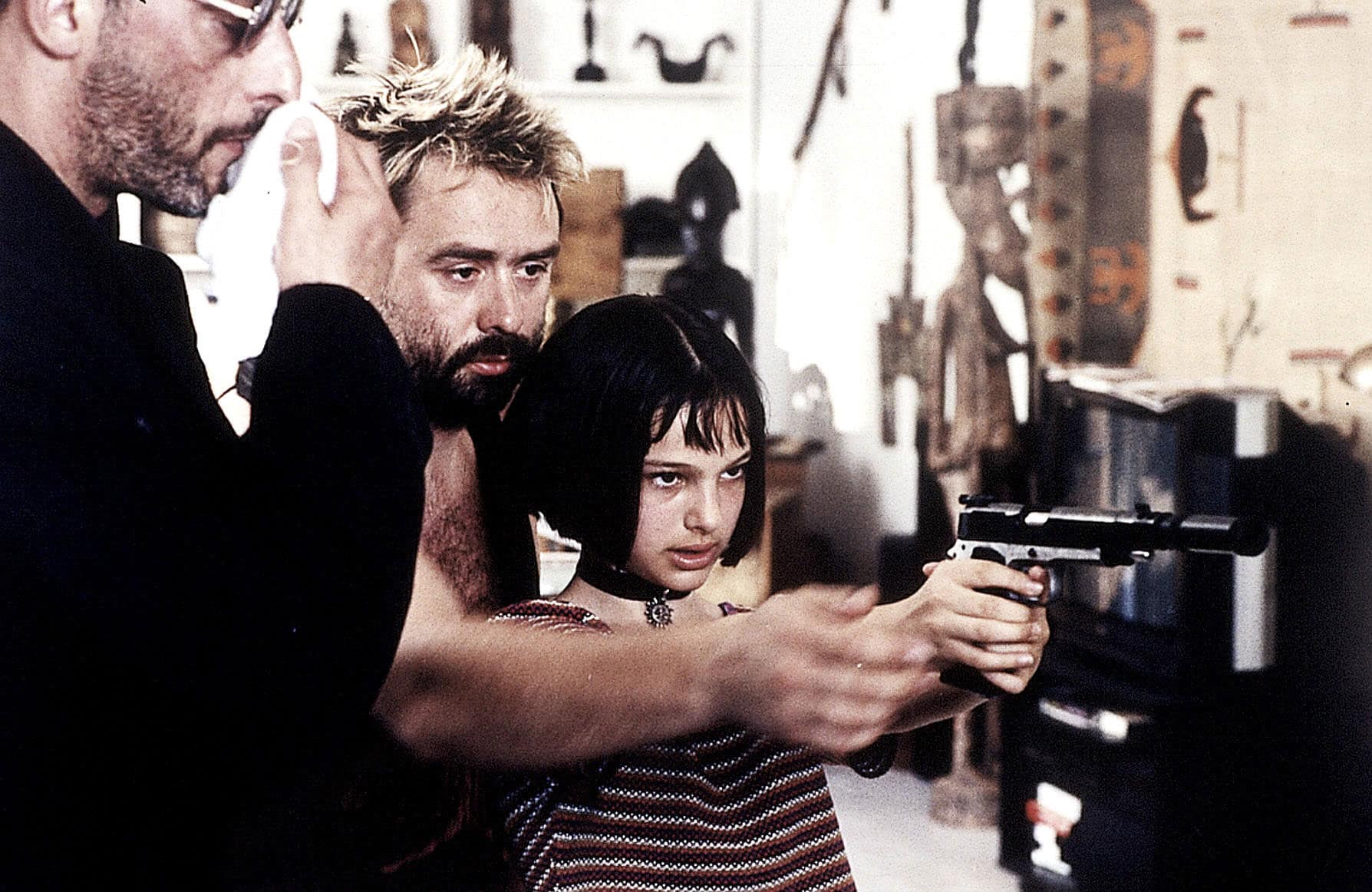

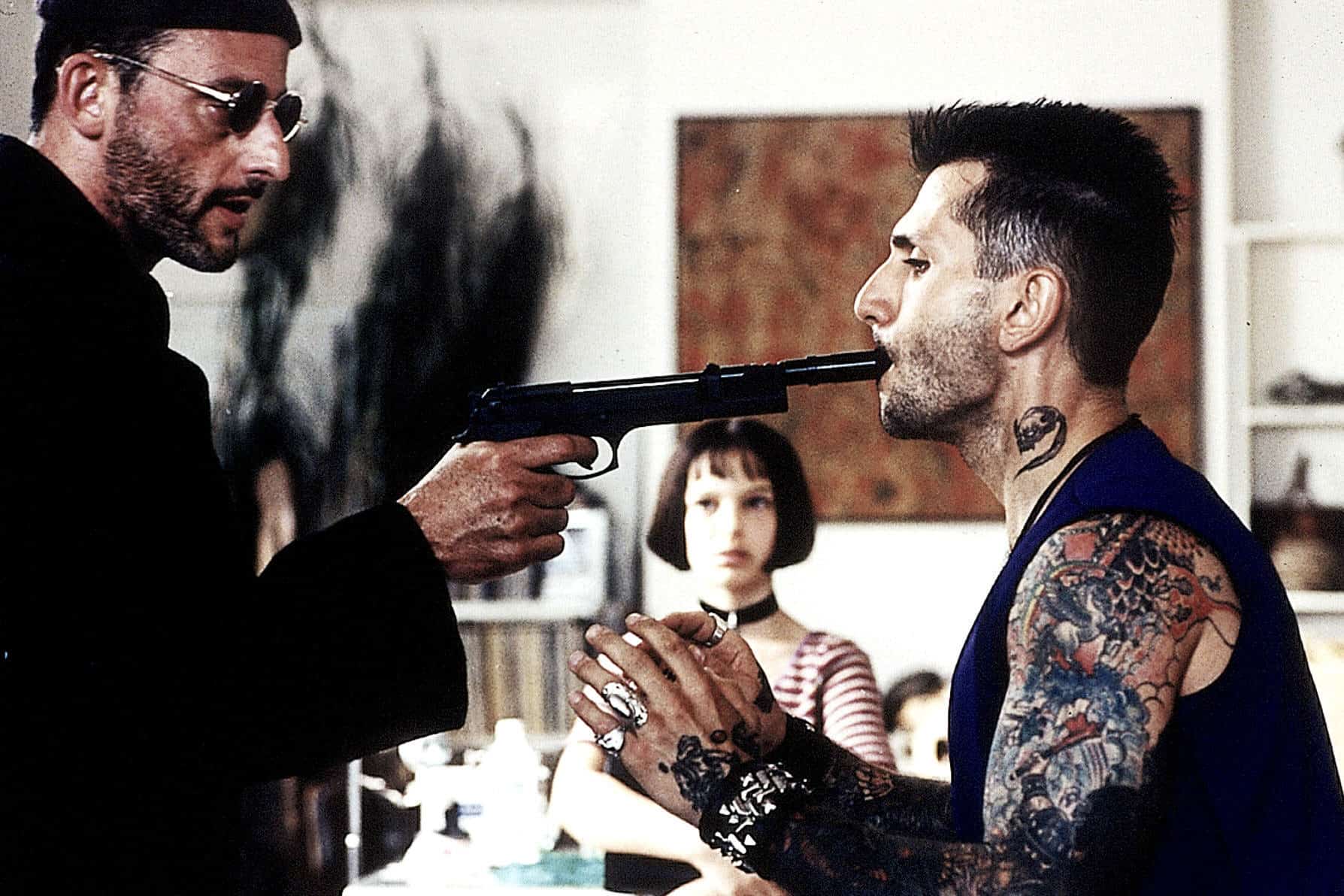

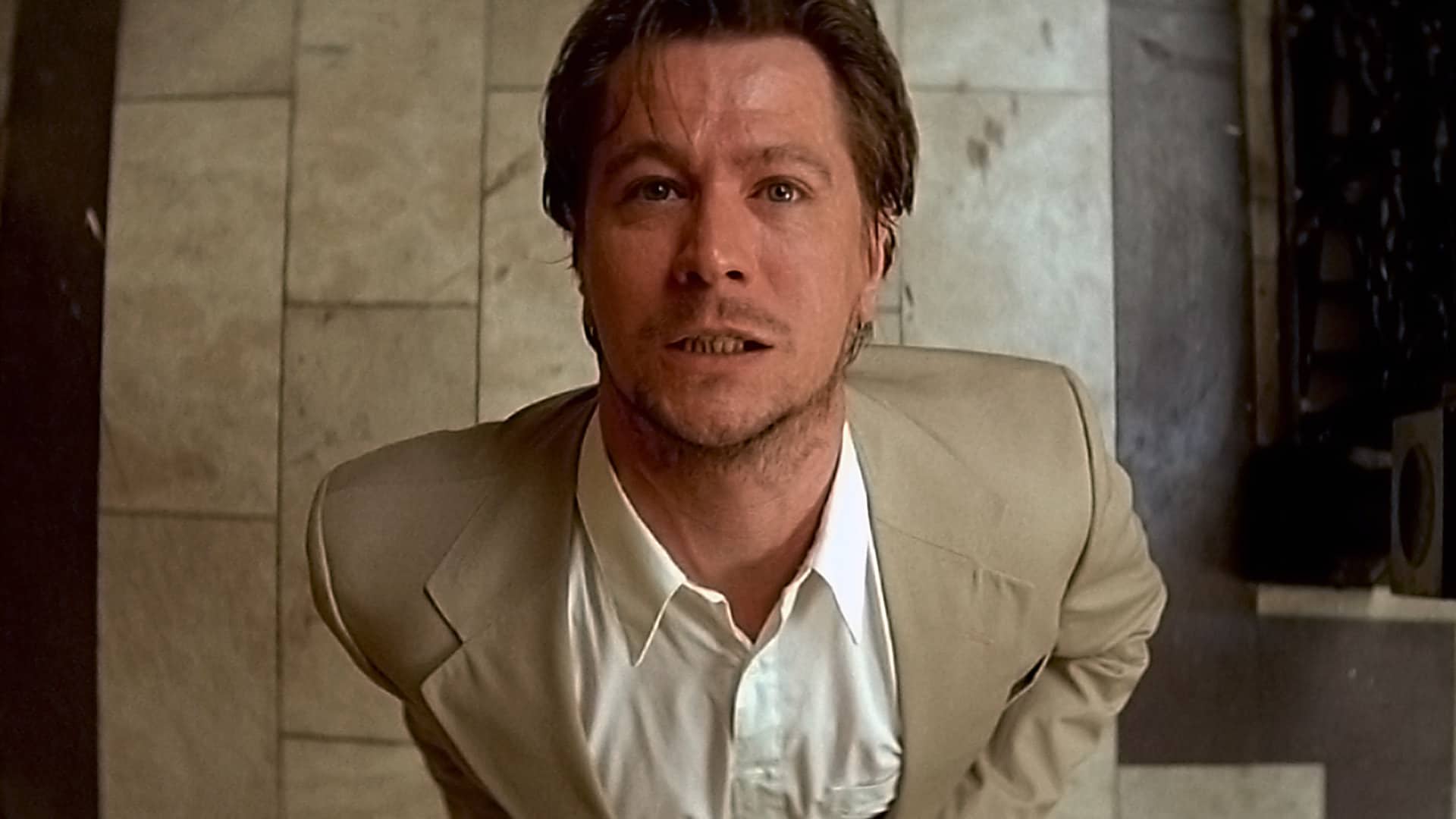
Featured Videos
Official Trailer
Comments
Loading comments...